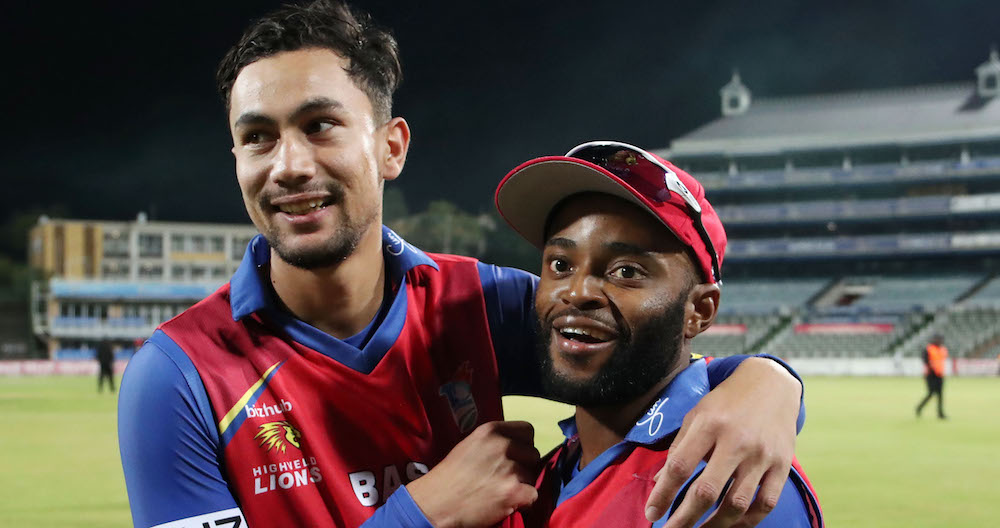“I still owe a lot to South African cricket,” said former Proteas bowler, Kyle Abbott, in his address to the media, following the cancellation of his Kolpak registration owing to Brexit.
Among the first high-profile Kolpak returnees to be playing domestic cricket in South Africa, Abbott will represent the Titans this season.
The decision to sign with the Titans was fairly straightforward for Abbott, whose “main focus is on getting back to competitive cricket.”
Being a professionally-run outfit, and having “always admired the way they’ve gone about their work,” Abbott felt the environment at the Titans would push him out of his comfort zone, given he had not played professional cricket apart from a short stint at the Lankan Premier League in November.
Pleased with the training sessions Abbott had taken part in with the Titans thus far, he said, “The way the guys went about their practice was really impressive. The guys are in good spirits.”

While Abbott aims to challenge himself through this season with the Titans, he also feels dutybound to share his knowledge with younger players such as Thando Ntini, with whom he has already had a few conversations.
Abbott, who represents Hampshire in England, said the decision not to return to Hampshire was mutual and based primarily on logistics. With two years still left on his contract with Hampshire, Abbott will now play for the team as an overseas player as opposed to a local player, which his Kolpak status had allowed him to do.
The last year had presented its fair share of challenges for Kolpak players who felt a degree of uncertainty with respect to their futures in England. However, Abbott did not feel the same uncertainty because of “an incredibly good relationship with Hampshire.”
“Whatever happened, I knew I’d have a job with them,” said Abbott, grateful for his “transparent relationship with them.”
South Africa lost many players to the England county circuit because of the Kolpak route. With the Kolpak status no longer an option for South African cricketers, there have been murmurs about losing players to the new American Major League.
While Abbott said he was unfamiliar with the US market, he did not worry about losing players to the US because he felt the league was still four or five years from kicking off in a significant fashion. Additionally, the new domestic structure in South Africa, comprising 15 teams, would help South Africa retain talent.

Having spoken extensively about the value of a large number of teams playing in the domestic circuit, Abbott experienced it first-hand in England, where he felt, “I’ve grown a hell of a lot as a player and person.” Thrust with the responsibility of being the go-to bowler in challenging game situations, Abbott experienced the growth in an environment where “the brand of cricket is incredibly strong.”
The exodus of South African cricketers through the Kolpak route has been a polarizing issue in South African cricket. Abbott explained, “What people don’t realize is that it’s not an easy decision for any of us. Even life over there is not as easy as they may think.”
Spending long periods of time away from home and facing flak from English crowds are among the many difficulties Kolpak players have to face. Today, Abbott is comfortable with where he is. “It was a career decision, and I don’t regret anything I did,” Abbott signed off.
We have launched a Patreon campaign for you as a Cricket Fan to become a patron and support us as an independent, bootstrapped publisher.











